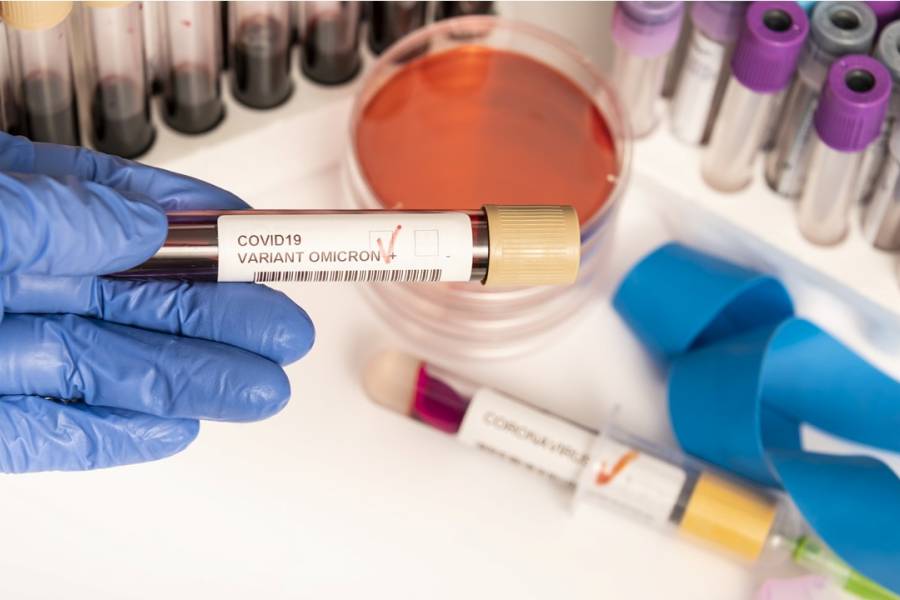- Name
- Maura Kinney
- mkinney4@jhmi.edu
- Office phone
- 443-287-2243
- X
- HopkinsMedNews
- Name
- Michael Newman
- mnewma25@jhmi.edu
- Cell phone
- 240-602-5365
- X
- HopkinsMedNews
Patients hospitalized with the omicron or delta variants of COVID-19 required similar levels of respiratory support and intensive care, according to a new Johns Hopkins study, indicating that omicron infections should not be underestimated.
"It is a common belief that the omicron variant is less severe than previous variants," says Heba Mostafa, the study's lead author and assistant professor of pathology at the Johns Hopkins University School of Medicine. "We wanted to put that to the test and see whether clinical outcomes and viral loads actually differed between delta and omicron infections."
The research team collected clinical specimens from over 2,000 patients who tested positive for SARS-CoV-2, then determined which variant each patient had been infected with. Next, they measured viral load—the amount of the virus found in each patient's body. Finally, they obtained each patient's clinical outcome for comparison.
The study found that patients with omicron were less likely than patients with delta to require hospitalization, regardless of vaccination status. Only 3% of patients with omicron were admitted to the hospital, compared with 13.8% of patients with delta.
The study also found that patients with omicron who required hospitalization showed a similar need for supplemental oxygen and intensive care as hospitalized patients with delta. For patients with omicron admitted to the hospital, 67.6% required supplemental oxygen and 17.6% were taken to the intensive care unit. Similarly, 73% of patients hospitalized with delta needed supplemental oxygen, and 25.4% required ICU-level care.
The study found no significant differences in viral loads between patients with omicron and those with delta, regardless of vaccination status.
Mostafa says the research shows it is imperative for people to take omicron and potential future variants seriously.
"It's true that patients with omicron were significantly less likely to be admitted to the hospital than patients with delta," says Mostafa. "But omicron patients who did need hospitalization faced a risk of severe disease comparable to those hospitalized with delta. For many people, it is not a mild infection at all."
The data used in the study was taken from patients who tested positive for SARS-CoV-2 between the last week of November 2021 and the end of December 2021. By the end of this period, omicron had replaced delta as the dominant variant, constituting 95% of the circulating virus lineages.
The study was published in the May 2022 issue of eBioMedicine.








